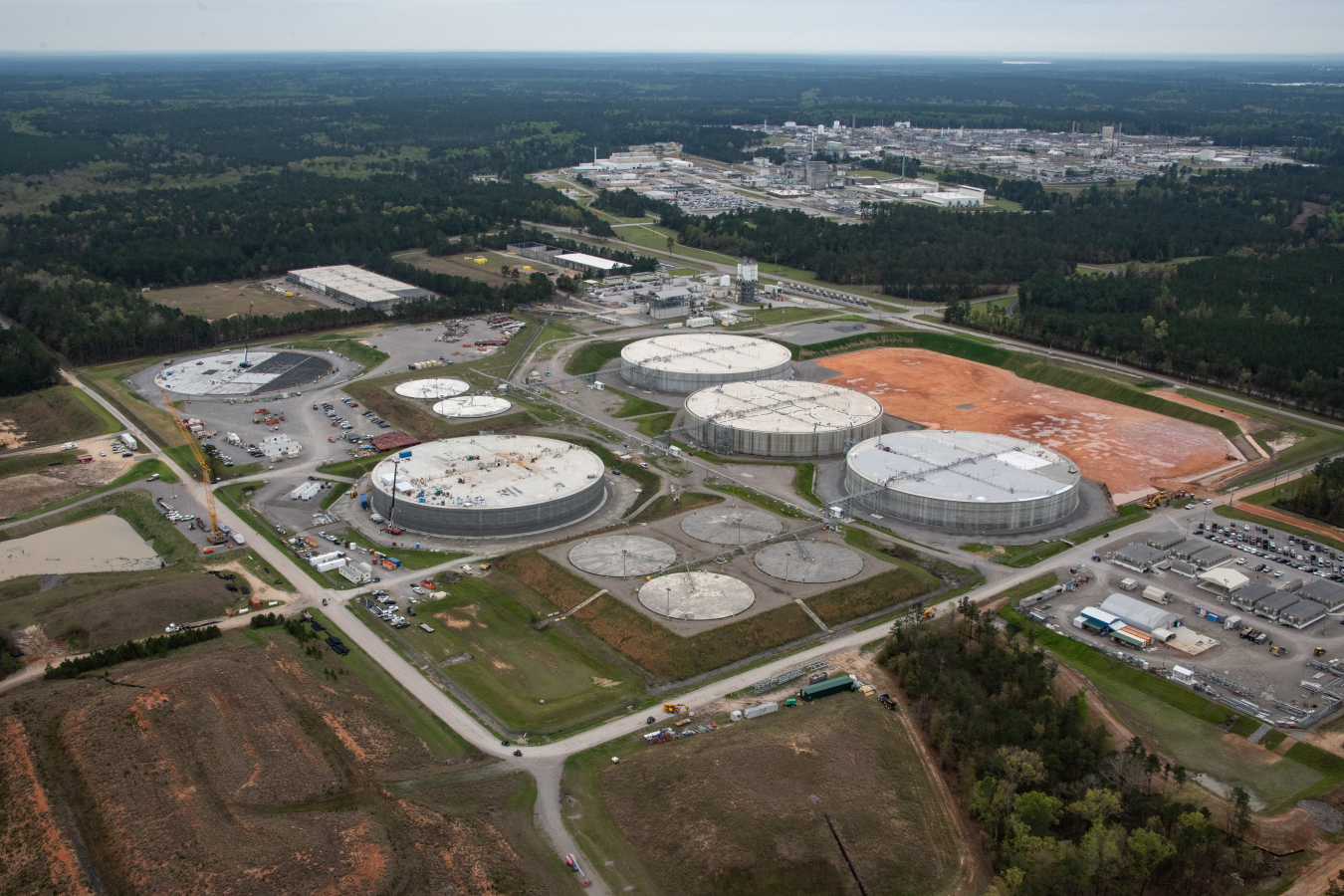Industrial Wastewater Treatment: Advanced Approaches for Effective Administration
Industrial Wastewater Treatment: Advanced Approaches for Effective Administration
Blog Article
Recognizing the Comprehensive Process of Liquid Garbage Disposal: Finest Practices and Environmental Impact Considerations
The management of fluid waste disposal is a multifaceted issue that needs a complete understanding of numerous finest methods and their associated environmental impacts. From the kinds of fluid waste generated to the techniques employed for collection, treatment, and last disposal, each step plays an essential duty in securing ecosystems and public health and wellness.
Types of Liquid Waste
Recognizing the various kinds of liquid waste is necessary for reliable monitoring and disposal techniques. Fluid waste can be extensively classified right into numerous types, each needing special handling and therapy techniques.
Industrial fluid waste frequently includes harmful products, consisting of hefty metals, solvents, and chemicals, created during manufacturing processes. These wastes require rigorous regulative conformity to safeguard human health and the setting. Residential fluid waste mainly refers to wastewater created from homes, consisting of sewer and greywater, which, although much less toxic, can still present considerable risks if incorrectly taken care of.
Agricultural fluid waste, including drainage from ranches, commonly has fertilizers and pesticides that can lead to ecological destruction otherwise dealt with properly. Clinical fluid waste, created from health care centers, includes polluted liquids such as physical fluids and chemicals, calling for specialized disposal methods to avoid infection and environmental contamination.
Lastly, oil and oil waste, normally created by dining establishments and automotive markets, can trigger severe clogs in drain systems if not handled appropriately. Comprehending these groups promotes targeted strategies for treatment, conformity with guidelines, and reliable disposal techniques, inevitably promoting environmental sustainability and public health and wellness safety and security.

Collection Approaches
Efficient collection methods are essential for the proper management of fluid waste, making certain that it is gathered safely and effectively before therapy or disposal. Various strategies are utilized depending upon the kind of liquid waste produced, the volume, and the specific qualities of the waste.
One common technique is the use of committed collection containers or sumps, which are designed to record liquid waste at the source. These systems usually integrate pumps that facilitate the transfer of waste to bigger storage space containers or therapy centers. Furthermore, mobile collection units outfitted with vacuum cleaner modern technology are employed in scenarios where waste is produced periodically or in hard-to-reach places.
For industrial setups, closed-loop systems can efficiently lessen leaks and spills, enabling the recuperation and reuse of liquid waste. It is likewise necessary to train personnel on proper collection methods to minimize threats connected with dangerous substances.
In addition, implementing regular upkeep schedules for collection tools makes certain optimal efficiency and security. The assimilation of advanced monitoring systems can enhance collection performance by supplying real-time information on waste degrees and potential threats. Generally, reliable collection approaches are fundamental to lasting liquid waste administration techniques.
Treatment Procedures
Therapy processes play a crucial duty in the management of liquid waste, transforming potentially hazardous materials right into multiple-use resources or safe effluents - liquid waste disposal. These procedures can be broadly categorized right into physical, chemical, and biological approaches, each tailored to resolve specific pollutants present in the waste stream
Physical therapy methods, such as sedimentation and filtration, work by removing suspended solids and particle issue. These strategies are frequently the very first step in the therapy chain, successfully reducing the tons on subsequent processes. Chemical treatments entail making use of reagents to reduce the effects of dangerous materials, speed up heavy metals, or oxidize natural pollutants, thereby enhancing the security of the effluent.
Organic treatment procedures, consisting of activated sludge systems and anaerobic digestion, profit from the all-natural capabilities of microorganisms to degrade natural matter. These approaches are specifically reliable for wastewater consisting of naturally degradable contaminants. Advanced treatment modern technologies, such as membrane purification and advanced oxidation processes, are progressively utilized to achieve greater levels of filtration.
Including a mix of these treatment methods not only makes certain conformity with regulatory standards but likewise promotes ecological sustainability by recouping useful sources from fluid waste.
Disposal Options
How can companies make sure the liable and safe disposal of liquid waste? Efficient disposal choices are crucial for securing public health and the atmosphere. The main methods include land therapy, disposal, and incineration complied with by discharge into local wastewater systems.
Land disposal includes the cautious control of liquid waste in marked land fills, making sure that it does not leach right into bordering dirt or water. Incineration, on the various other hand, subjects why not try this out fluid waste to heats, transforming it into ash and gases, which call for correct purification to reduce emissions. This method is ideal for harmful wastes that can not be treated through typical methods.
In instances where fluid waste can be dealt with, organizations might select chemical or organic therapy processes to reduce the effects of harmful parts before releasing the dealt with effluent into municipal systems. This course commonly aligns with governing requirements, making sure that the effluent fulfills safety standards.
Eventually, companies should carry out complete assessments of each disposal alternative to determine its practicality, considering elements such as waste make-up, regulative compliance, and possible dangers to health and wellness and over at this website the atmosphere. By picking appropriate disposal approaches, services can add to a responsible waste administration approach.
Ecological Impact
The ecological effect of liquid waste disposal is a critical factor to consider for organizations looking for to reduce their eco-friendly footprint. Improper disposal methods can bring about significant contamination of water sources, dirt degradation, and negative impacts on local ecosystems. For circumstances, hazardous fluids can seep right into groundwater, presenting risks to drinking water materials and marine life. Additionally, the discharge of unattended or improperly dealt with waste into surface waters can result in eutrophication, causing oxygen depletion and the succeeding death of fish and various other microorganisms.

To minimize these impacts, companies have to take on finest techniques such as implementing extensive useful link waste treatment procedures, promoting recycling and reuse, and sticking to regulatory standards. By taking a positive strategy to fluid waste monitoring, entities can dramatically minimize their ecological footprint while supporting lasting growth goals. Inevitably, a detailed understanding of the ecological impacts connected with liquid garbage disposal is essential for informed decision-making and accountable stewardship of natural deposits.
Conclusion
Effective management of fluid waste is crucial for guarding environmental stability and public wellness. By taking on ideal techniques in collection, disposal, and treatment, alongside adherence to regulatory standards, the possibility for dangerous contamination of ecological communities can be significantly decreased. Continual innovations in technology and procedures add to lasting waste monitoring efforts. Ultimately, a comprehensive understanding of fluid garbage disposal not only mitigates ecological effects however also cultivates a commitment to accountable resource monitoring and ecological stewardship.
The management of liquid waste disposal is a multifaceted concern that requires a complete understanding of various best methods and their linked ecological influences. From the types of liquid waste created to the methods used for collection, therapy, and final disposal, each action plays an important role in safeguarding communities and public health and wellness.The environmental effect of fluid waste disposal is an essential consideration for organizations seeking to minimize their environmental impact. Inevitably, an extensive understanding of the ecological influences associated with fluid waste disposal is essential for educated decision-making and liable stewardship of natural resources.
Ultimately, an extensive understanding of fluid waste disposal not only mitigates ecological influences yet likewise promotes a dedication to liable source management and ecological stewardship.
Report this page